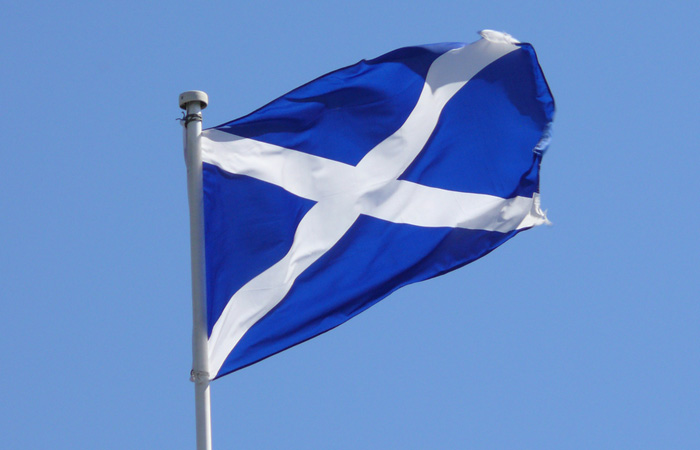A new tax band for higher earners in Scotland are likely to make increased pension contributions more attractive, to help offset these increases.
The Scottish devolved government announced a new ‘advanced’ tax rate of 45 per cent on earnings between £75,000 and £125,140. Previously this stood at 42 per cent. This will be effective from the April 6 next year year.
The government has also increased the top rate of tax for those earning over £125,140. This will increase from 47 per cent to 48 per cent in the next tax year.
These changes mean Scotland now has six income tax bands ((listed below) while the rest of the UK has just three.
These increases mean those earning £100,000 or more in Scotland will pay £3,346 more in tax a year than those living in the rest of the UK.
Aegon pensions director Steven Cameron says: “Many income tax payers in Scotland will be counting the costs to them after the Scottish Government announced various income tax rises from next April.
“While hopes are high that the UK Government will cut income taxes ahead of the next General Election, this will not benefit Scottish residents because income tax rates are ‘devolved’ and set in Holyrood. But one way of reducing the impact is to consider increasing pension contributions.”
He says what many many not appreciate is that the effective rate of tax on earnings between £100,000 and £125,140 is even higher that the 45 per cent headline rate, because every £2 earned cuts an individual’s personal allowance (on which no tax is paid) by £1. According to Cameron the combined effect is a ‘tax’ rate of 67.5 per cent.
He says: “One way of reducing the impact is to increase contributions to pensions which benefit from tax relief at the individual’s ‘highest marginal rate’.
“For those whose earnings fall between £100,000 and £125,140, pensions can be boosted by £1,000 in return for a cut in take-home pay of just £325. Put another way, pension contributions can triple in value as a result of tax relief.
“For those earning between £75,000 and £100,000, their marginal income tax rate is 45 per cent, meaning a cut in take-home pay of £550 will boost their pension by £1000.”
He adds: “Anyone who finds they are paying a higher ‘marginal’ income tax rate than before will find pension contributions more tax efficient.
“Some people could find increasing contributions to their pension is an even better deal as some employers ‘match’ employee contributions. If your employer is offering a pound for pound match, you could find your extra personal contribution is worth six times as much when in your pension.”
New Scottish income tax bands from April 2024
- Starter (19%): £12,571 – £14,876
- Basic (20%): £14,877 – £26,561
- Intermediate (21%): £26,562 – £43,662
- Higher (42%): £43,663 – £75,000
- Advanced (45%): £75,001 – £125,140
- Top (48%): Above £125,140
